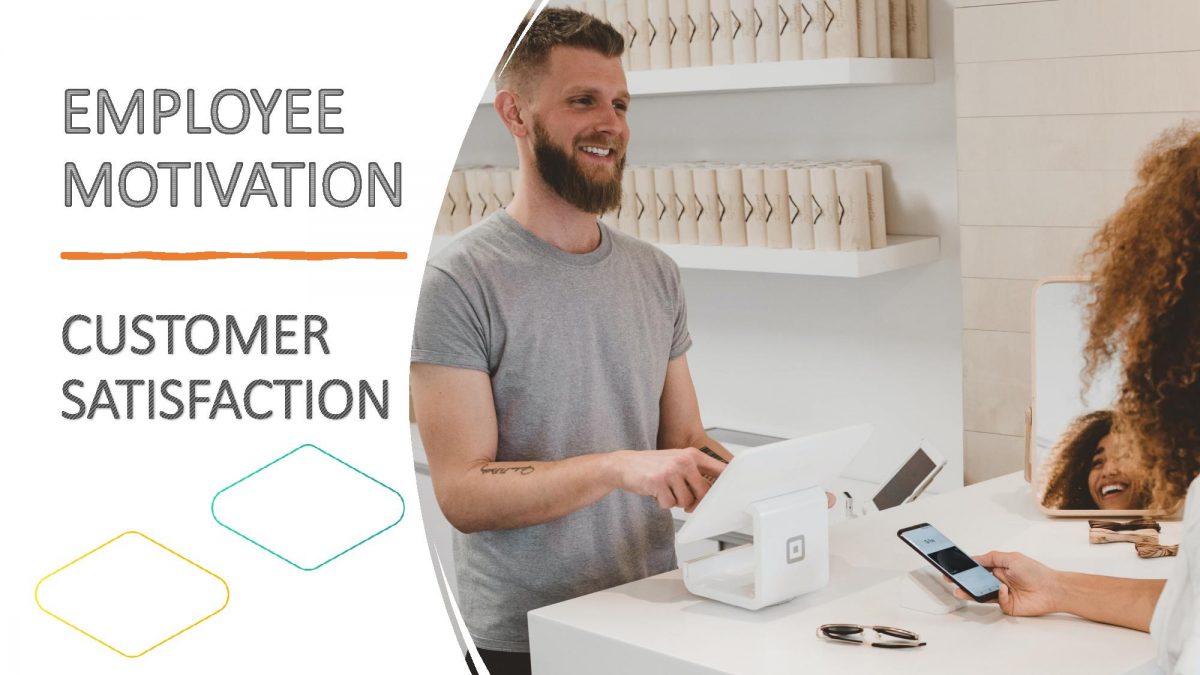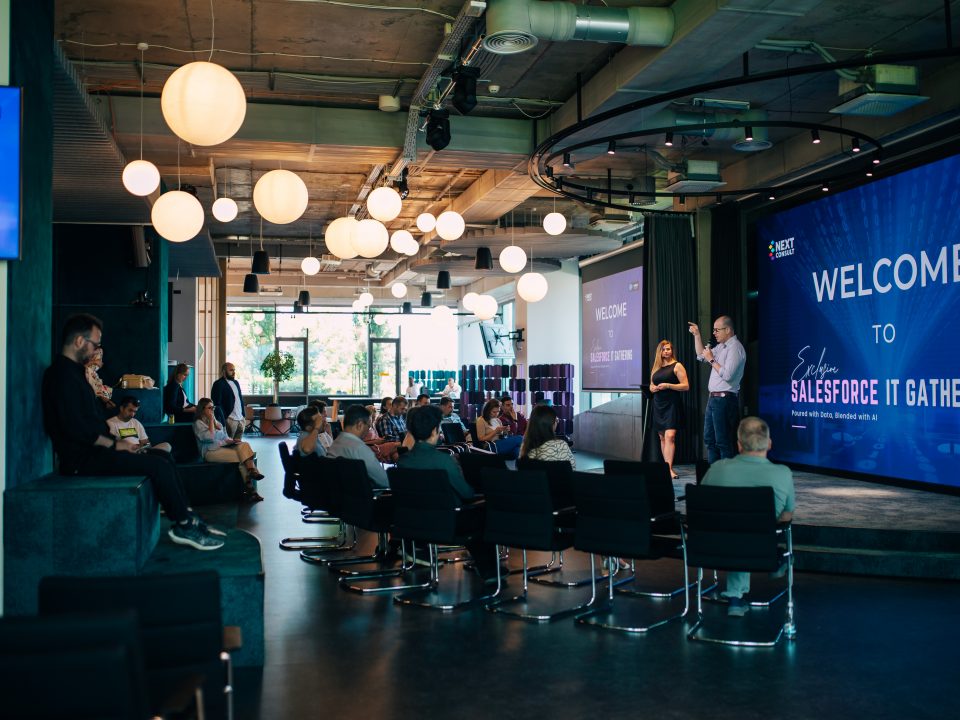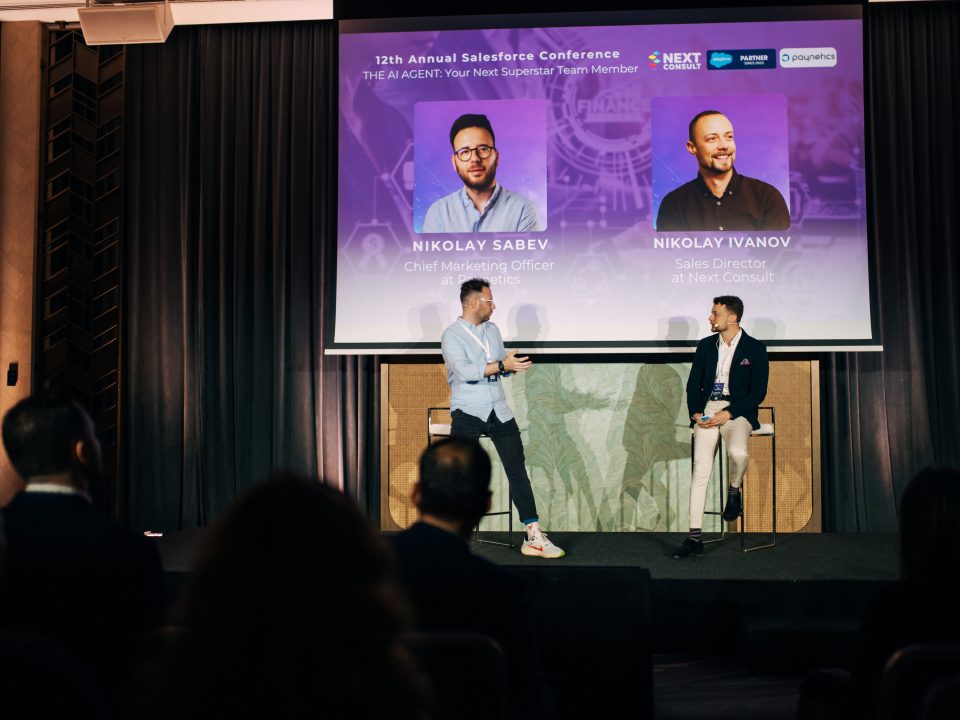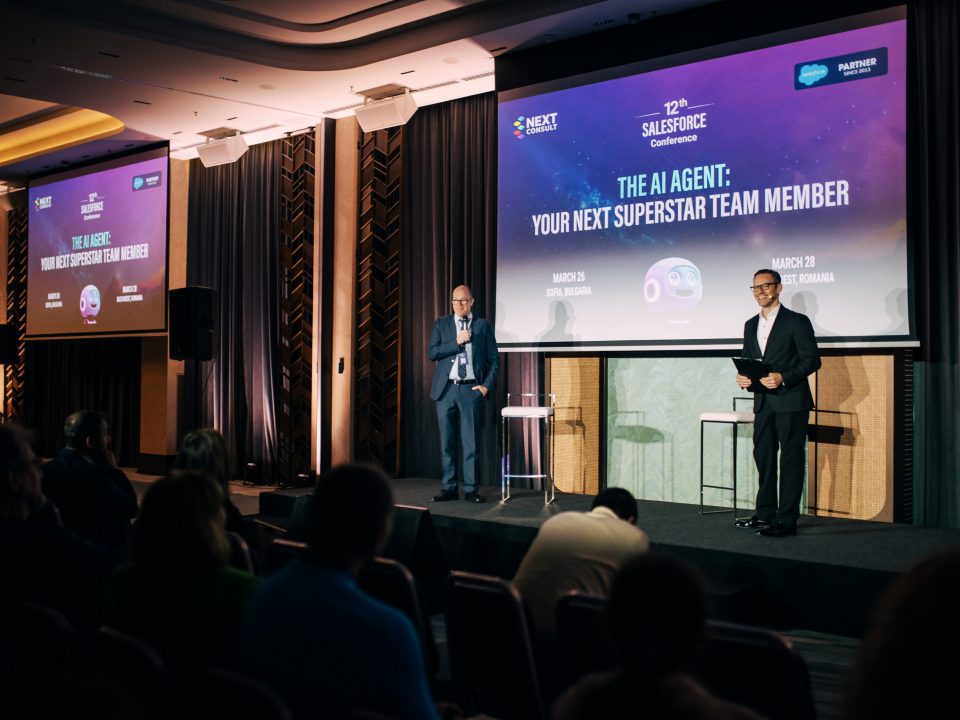
EMPLOYEE GROWTH AND MOTIVATION – THE BASIS OF SUSTAINABLE CUSTOMER SATISFACTION
Providing a high level of customer satisfaction and an exceptional experience for each customer is difficult to achieve. For this to happen, businesses must first pay special attention to the problems they have with staff, the lack of communication which unfortunately is common in companies and, of course, must consider how to improve the frequency and quality of training and motivation of its employees

Nowadays, regardless of the field of work, customers expect a personal approach, fast and high-quality services and after-sales service, easy configuration, and customisation of the proposals they receive, the possibility for self-service, mobility, and last but not least, effortless, simple and swift communication with the company. The way we do all this directly reflects on the brand perception and customer loyalty. And it is the employees who can help us do it the right way and at the right time when the customer needs us, even before knowing it.
However, how can we make sure that our employees, who are the first point of contact the clients have with our company, receive the right training and develop an understanding that would allow them to provide a superior experience for our clients?
The secret is the Employee Experience (EE). It is important not only to try to make our customers happy but our employees especially, since they are the ones that drive the company forward and pass on their attitude to the customer.
Employees that receive adequate training in terms of content and frequency, with whom we communicate openly and in good faith, whose achievements and efforts we evaluate, to whom we regularly give constructive feedback, freedom to work and the opportunity to be significant, are more motivated to offer the same to our customers because they feel meaningful and COMMITTED to our vision and goals.

It sounds simple and easy, but in practice, it is much more complex and complicated to manage. Surveying employee satisfaction is not enough to change the way we work and the company’s culture overall. It also does not provide realistic information about how the work is done or how it affects the performance of the business.
For a long time, communication and staff training were a one-way street. The company sends messages and provides training, and employees simply accept and execute. But that is no longer enough!
Trained and informed employees do not always provide good service. To achieve this, we must first analyse and understand how things look from the employee's point of view. Because the opinion and attitude of employees today are just as important as those of customers. In many companies, for example, front-line employees feel isolated, disconnected from the head office, and are left with the feeling that they are not sufficiently communicated with, that they do not receive enough information about the company’s vision and plans, the work processes, current and future activities, or adequate training so that they are well prepared and confident in the performing their daily tasks and duties.

Surveys say that today 39% of employees prefer training to be conducted online, and nearly three quarters (74%) say they would like training to be mobile, which makes it easily accessible, and they have the freedom to choose when to access it. This trend in employee behaviour and preferences is constantly growing, mainly since being mobile is the natural environment for young people and it is their way of life.
Unfortunately, only one in ten employees receive this type of training, and according to the World Economic Forum, by 2022 54% of all employees will need a significant increase in professional qualification, as the nature of the work and the required skills are changing more and more dynamically.
However, for the training to have a lasting positive effect, it is necessary to maintain, monitor and communicate with employees. Training instantly increases the level of knowledge, as well as the commitment on the employees’ side, but it has no lasting effect on their qualifications and skills.
Nowadays, there are many digital platforms that offer a wide range of training, available anywhere at any time from a mobile device. All modern training platforms (whether for acquiring new business skills, language learning, computer programming or other) focus on small modules and short training sessions that can be conducted continuously in the course of work. It is said that in the dynamic environment in which we live, this is the most effective method for acquiring new knowledge and skills – frequently, little by little, step by step, but always CONSTANTLY!
The ability of employees to learn at their own pace and, when it is convenient for them, to be able to benefit from more training and this is a constant process accompanying their work, guaranteeing continuous improvement of their skills, productivity, and satisfaction. Because people naturally have a need to develop themselves, feel valuable, worthwhile and feel that they have control over what they do.
Having the feeling of satisfaction, of high professionalism, the employee transmits it to the clients - serves them with a smile, confidently, and always striving to show his ever-increasing level of expertise. The more engaged the employee is with the company and the brand and satisfied with the environment in which he works, the more personally he feels the company's ideology and customers.
Motivated, satisfied employees accept the company's customers as their own and demonstrate an individual approach, empathy, and dedication to them. If you want to be successful, first, think about your employees - give them wings to fly and they will help you achieve it!





